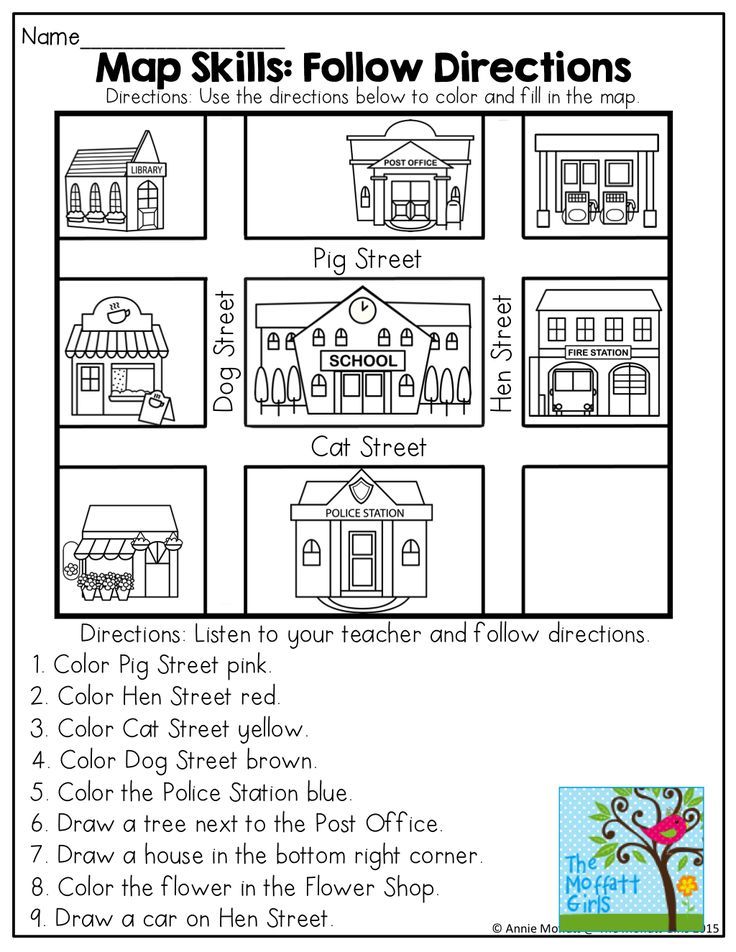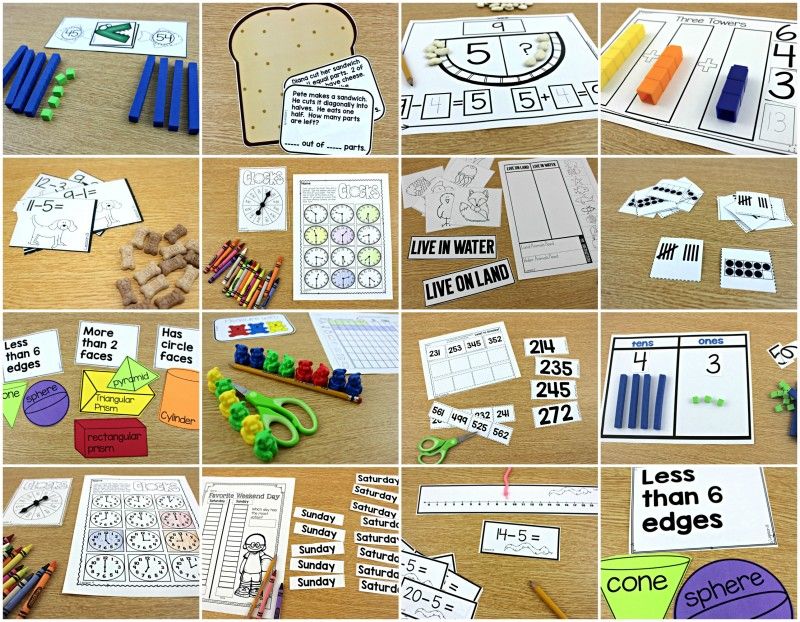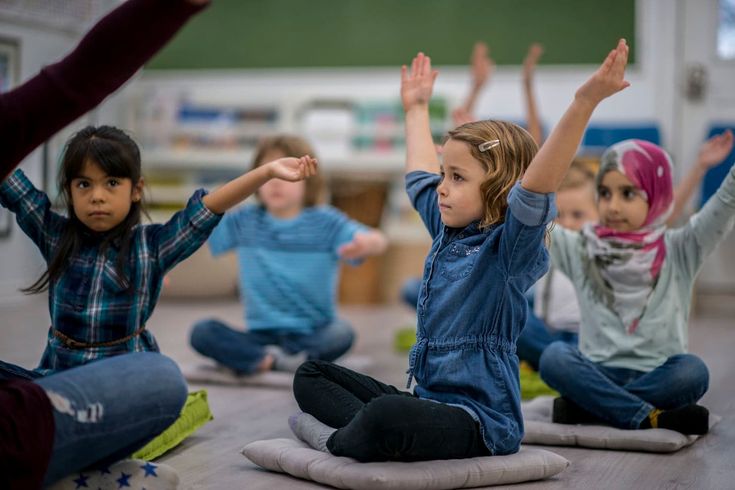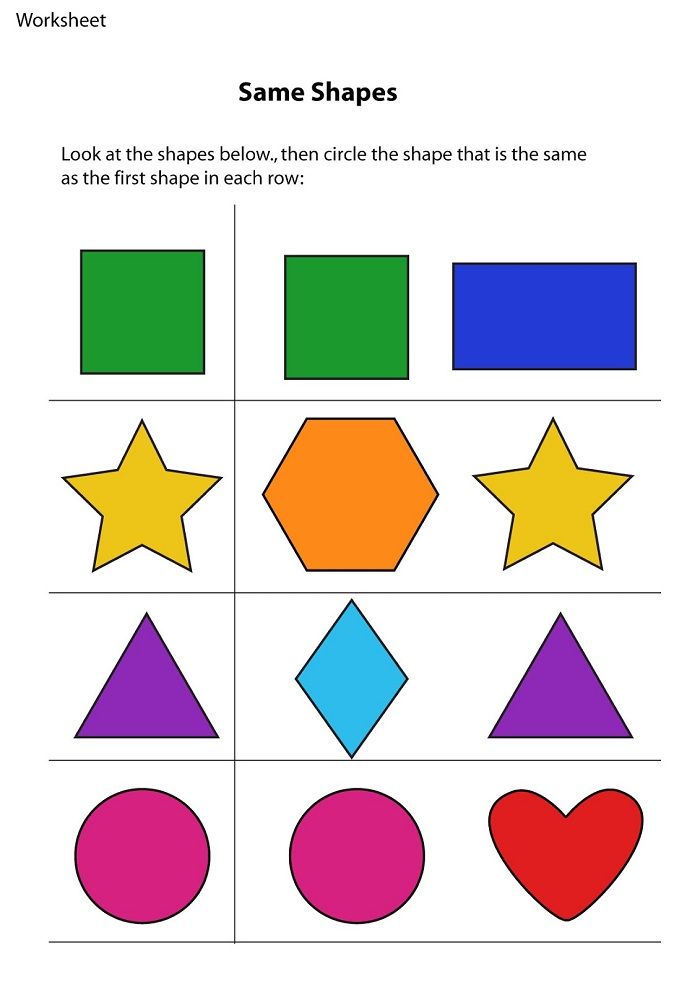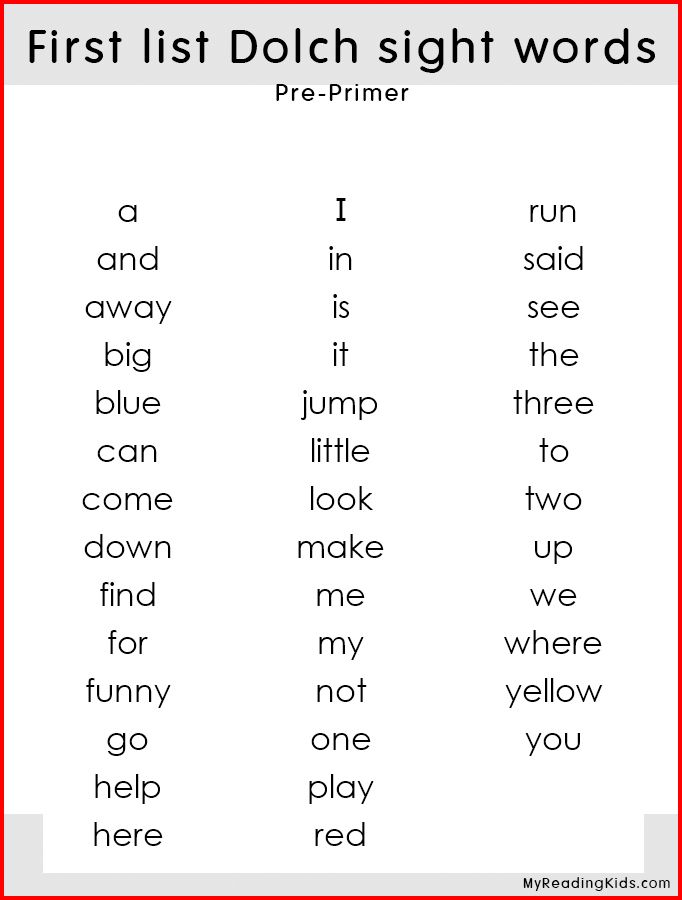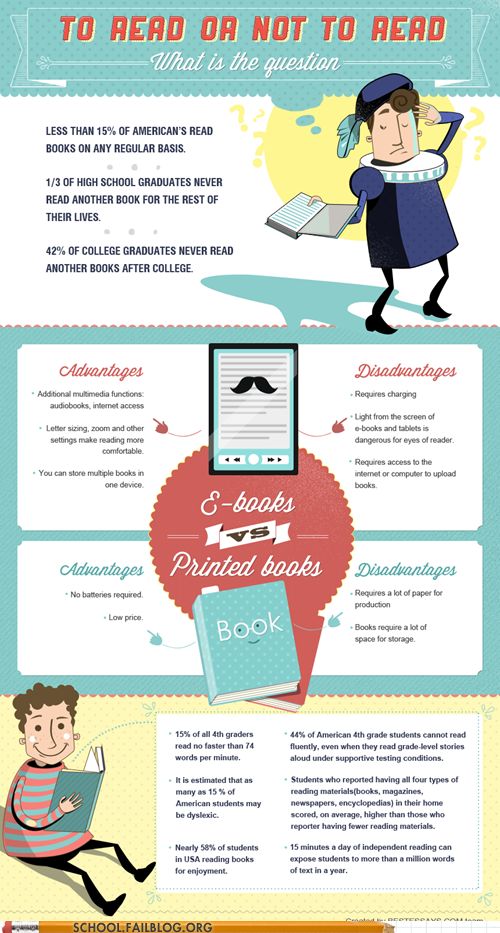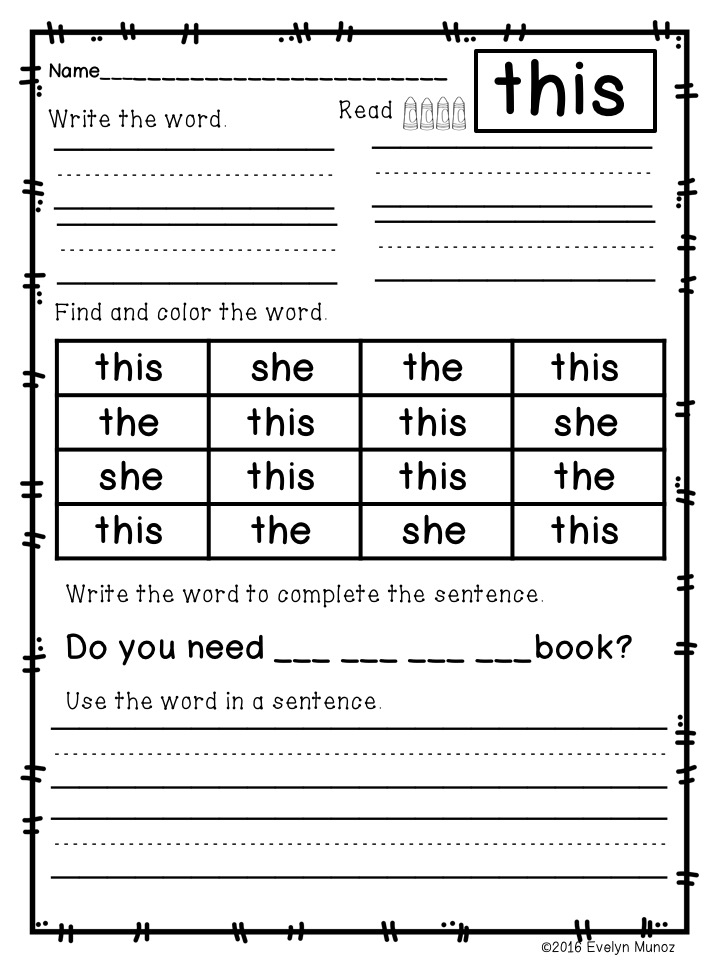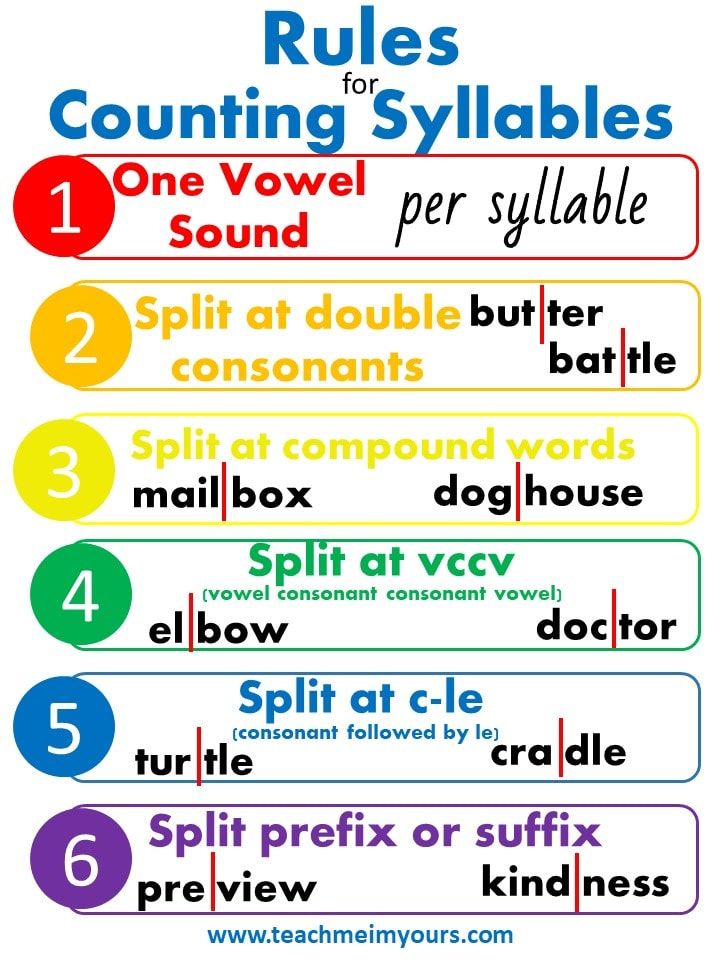Two word sentences child development
Language development in children 2-3 years
Vocabulary and language development in children at 2-3 years
At this age, your child’s vocabulary expands quickly – they might even learn new words each day. In general, your child understands more words than they can use.
Your child will use a lot of nouns – for example, ‘baby’, ‘friend’ or ‘car’. You’ll hear other word types too, including:
- verbs – for example, ‘play’, ‘go’
- adjectives – for example, ‘wet’, ‘sore’
- pronouns – for example, ‘I’, ‘you’
- location words – for example, ‘in’, ‘on’.
Your child will start using words like ‘more’ and ‘most’, as well as words that make questions, like ‘who’, ‘what’ and ‘where’.
And your child will start to say ‘me’, ‘mine’ and ‘you’. By three years, you child will understand the difference between ‘mine’ and ‘yours’.
Sentences and grammar in language development
As part of language development, your child will begin to use two-word sentences at around two years. By age three, they’ll be able to use sentences with three or more words – for example, ‘Mummy get in car’ or ‘Me go too’.
You’ll start to hear grammar and more structured sentences. For example, instead of ‘I go’, your child might say ‘I’m going’. You’ll also hear your child use the past tense – for example, ‘walked’, ‘jumped’. And they’ll start using plurals like ‘cats’ or ‘horses’.
Your child might not always get it right when they use plurals and past tense. For example, your child might say ‘foots’ for ‘feet’, or ‘goed’ instead of ‘went’.
Understanding and language development
Language development includes your child understanding more of what’s said to them and how it’s said. Your child will understand a lot more than they can say.
Your child will understand one-step and two-step instructions, as long as they’re about things they already know – for example, ‘Pick up your toys and put them in the box’. They might still find it hard to follow instructions about unfamiliar objects or tasks.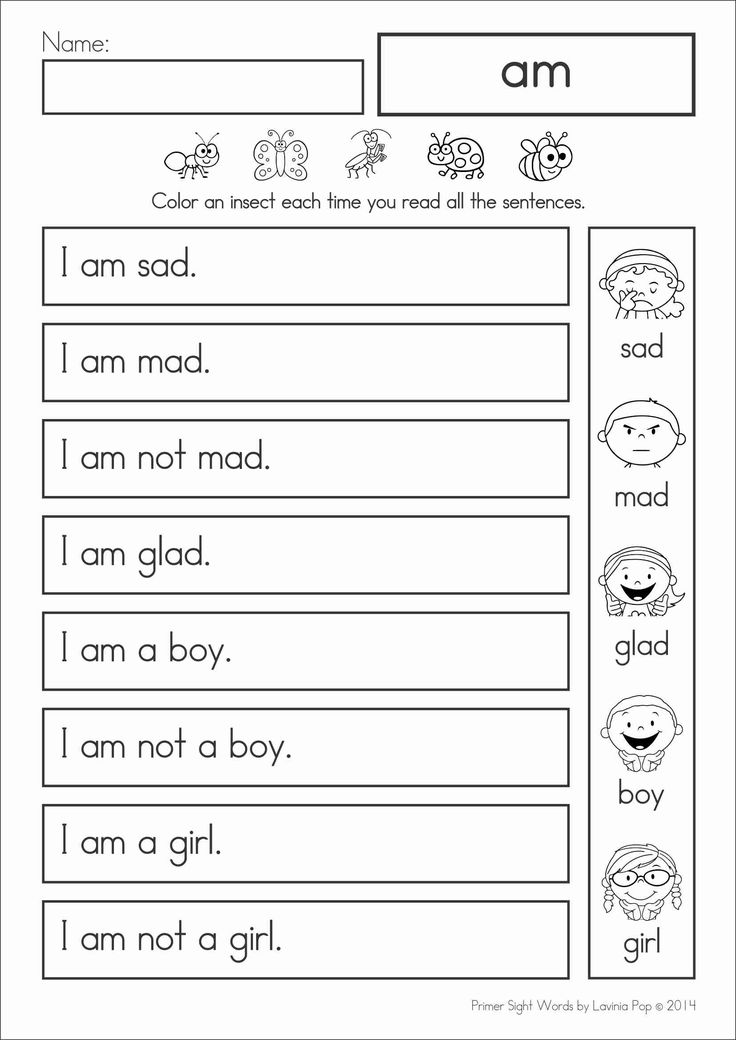
Your child will begin to answer questions from adults about ‘who’, ‘what’ and ‘where’, but they might not yet understand how to answer ‘why’ and ‘how’ questions.
Your child can tell from the tone of your voice if you’re happy, affectionate or angry.
Pronunciation in language development
By three, your child will use most of the speech sounds in their words, but they might still pronounce words differently from adults. For example, even though your child can say the sounds ‘b’ and ‘l’, they might have trouble combining them together in ‘blue’. Some difficult sounds, like ‘z’, ‘sh’, ‘f’, ‘v’, ‘r’, and ‘th’, might still be hard for your child to say.
When your child is two years old, unfamiliar people can usually understand about half of what your child says. By the time your child is three years old, unfamiliar people can usually understand about three-quarters of what they’re saying.
Developing conversation skills
Your child will start to get the hang of speaking in turn
, and might be able to have a short conversation with you.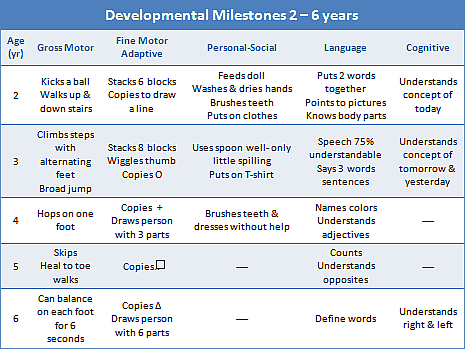
Your child will talk about things that have happened during the day. With your help, they might be able to put together a simple story – for example, your toddler might say ‘I go shop’. You might respond, ‘And what did you do at the shop?’ They’ll reply ‘Buy bread’. By age three, they might be able to tell a simple ‘made-up’ story based on experiences they’ve had, but they’ll probably leave out a lot of detail.
Your child will talk about people and objects not present – for example, ‘Grandma at the shops’, ‘My ball in tree’.
And your child will start talking the same way you or other close adults talk. You might even hear your child say certain things the way you do.
At this age, your toddler might cry less than they used to when they can’t do something or feel frustrated. That’s because your child can use their words to explain the problem and ask for help.
Play and language development
Your child will be able to play and talk by age three. For example, they might give voices to the toys they’re playing with.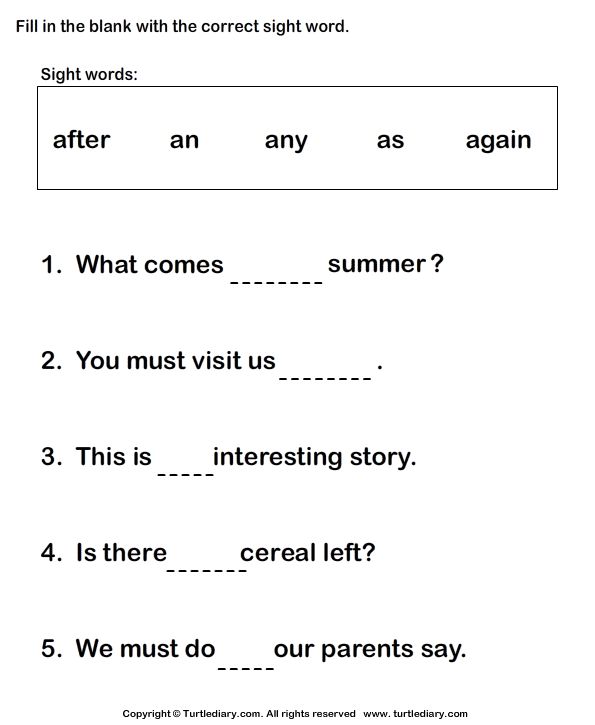 They’ll also begin to play in groups with other children, sharing toys and taking turns.
They’ll also begin to play in groups with other children, sharing toys and taking turns.
You might hear your child playing with language through rhyming, singing and listening to stories. They’ll also talk to themselves and might use a very loud or soft voice when speaking.
Growing up in a bilingual or multilingual family doesn’t affect how early or quickly children learn to use language. Sometimes multilingual or bilingual children mix their languages for a while, but this stops once they understand that they’re using more than one language.
When to get help for language development
If you notice any of the following signs in your child, or you’re worried about your child’s language development, it’s a very good idea to see your child and family health nurse, GP or paediatrician.
Your child:
- isn’t using words to communicate
- is often hard to understand when they’re talking to you, family or friends
- has stopped using a language skill they once had.
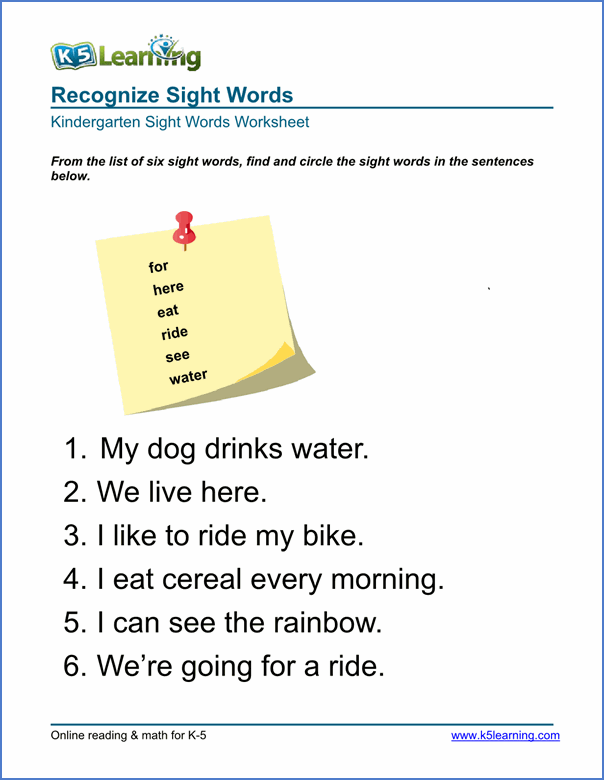
Your health professional might refer you to a speech pathologist.
Children learn new skills over time and at different ages. Most children develop skills in the same order, and each new skill they learn builds on the last. Small differences in when children develop skills are usually nothing to worry about.
Child Development: Combine Words | Speech Blubs
Select your topic
Most popular
33 likes
Feb 6, 2022 This blog explores when typical children combine words, and provides some activities to do at home to help your child perform this skill.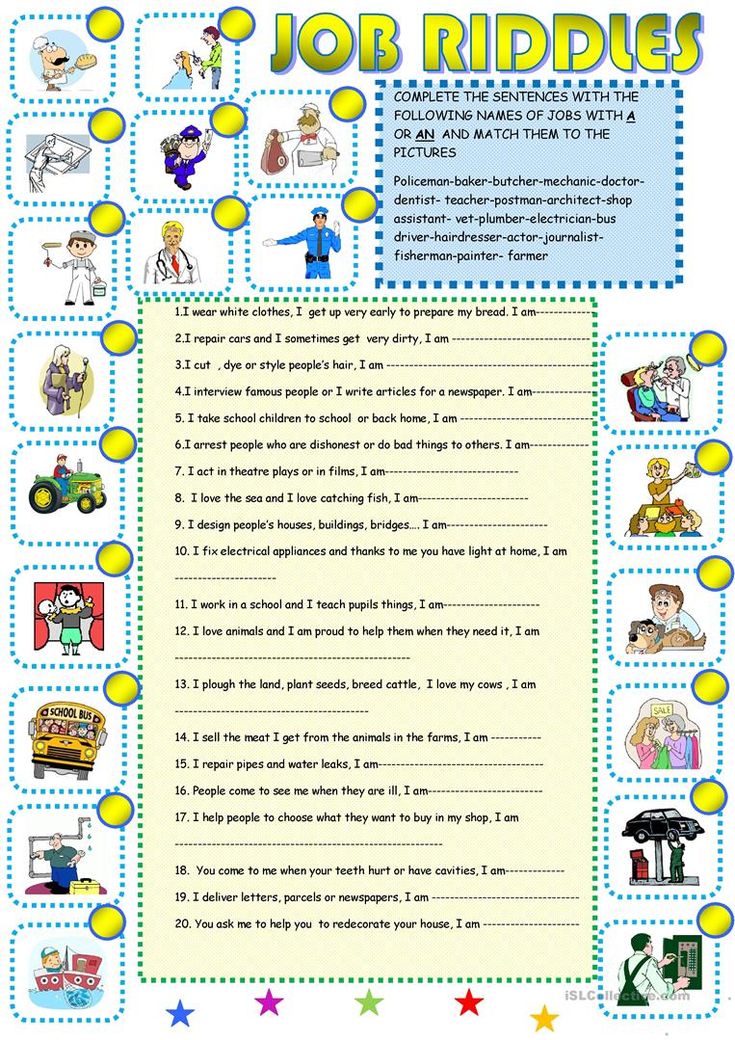
One of the most worried about concerns for parents regarding child development is to know when their child will be able to communicate effectively. It’s so much easier when they can tell you what they want, need, or if anything is wrong. Please remember, especially in their early years, kids develop at different times depending on their hereditary and environmental situations.
If there is a syndrome, disorder, or cognitive impairment, it will affect your child’s ability to learn and utilize language.
Language Development with Speech Blubs
Speech Blubs is a fantastic speech therapy app with a library of more than 1,500 activities, face filters, voice-activated activities, and educational bonus videos. Explore everything from “Early Sounds” to the “Build a Sentence” section and watch your child learn right away!
Boost Your Child’s Speech Development!
Improve language & communication skills with fun learning!
Start Free Trial
Language Development Process
Telegraphic speech refers to the two-word stage of early childhood language development.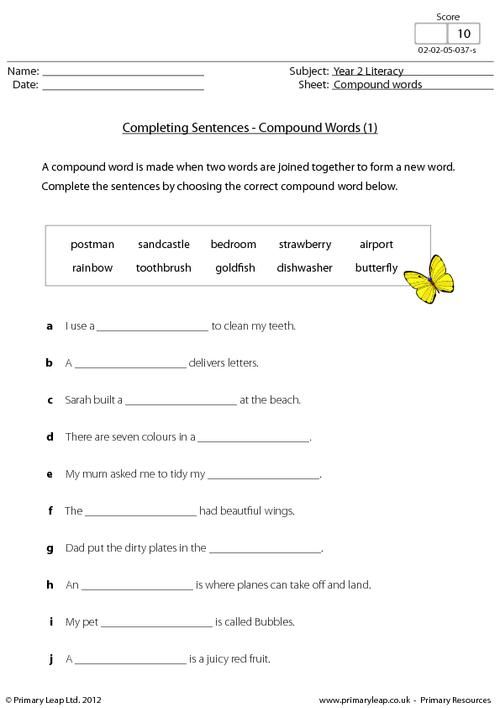 For example, your baby will say “Mommy See!” or “Baby Read!”
For example, your baby will say “Mommy See!” or “Baby Read!”
As far as developmental milestones go, according to the American Academy of Pediatrics (AAP), a child should say his first word by 15 months of age. Another milestone that gets less attention, but is also important, is when children start to string word combinations together.
When a child first starts to attempt this milestone, their combinations will be nouns and actions, such as “mommy go,” or “daddy up.” As their language skills develop and improve, they will start to include things like verbs (actions).
An example of this might be, “car go.” These combinations that include verbs are important as they set the stage for the child’s grammar skills to develop. Children should be combining two words together by 24 months of age (Bright Futures: Guidelines for Health Supervision of Infants, Children, and Adolescents (3rd ed.)).
A recent study looked at children’s first words and first word combinations, and whether delays in either of these milestones predicted later language problems.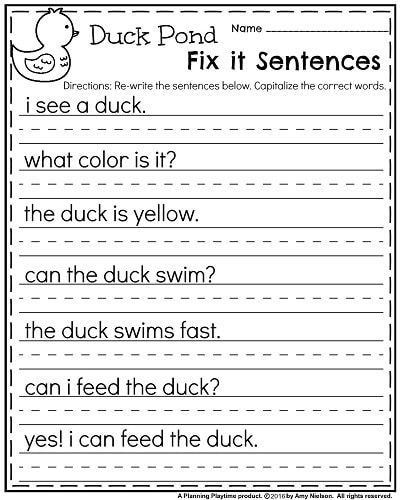 Interestingly, children who were late combining words were more at risk for future problems with language than children who were late with their first words (Journal of Early Intervention, 38 (1) (41–58)). This means that if your child is delayed in speaking, it’s not as important as when your child starts combining words.
Interestingly, children who were late combining words were more at risk for future problems with language than children who were late with their first words (Journal of Early Intervention, 38 (1) (41–58)). This means that if your child is delayed in speaking, it’s not as important as when your child starts combining words.
As a speech pathologist, I get a lot of questions from parents as their child develops through these stages and enters toddlerhood. Here are some frequently asked questions answered about child development!
Are “thank you” and “night-night” examples of word combinations?
Many children use these words early on and parents think that they are using two-word combinations. However, these phrases are “chunked” and are memorized. This is different than learning two different words and combining them together. If your child is saying, “thank you, mom,” then that’s an example of combining two different words.
My child uses a ton of single words.
 Is he ready to combine them?
Is he ready to combine them?This comes from SLP Lauren Lowry in her article “Combining Words Together: A Big Step in Language Development” where she says that before a child can combine two words together, he must be able to:
1.
Use a variety of wordsChildren need more than just nouns (names of people, places, and things) in their vocabulary to combine words. Once they can use some early verbs (action words like “go,” “pour,” or “give”), adjectives (words that describe like “hot,” “big,” or “fast”), and/or prepositions (location words like “on,” “in,” or “off”), they have the building blocks to combine words together. These words are typically developed by 18 months of age.
2.
Express two ideasBefore expressing two ideas with two-word combinations, children can usually express two ideas by using a word and a “supplementary” gesture, which adds additional information to the word that is spoken.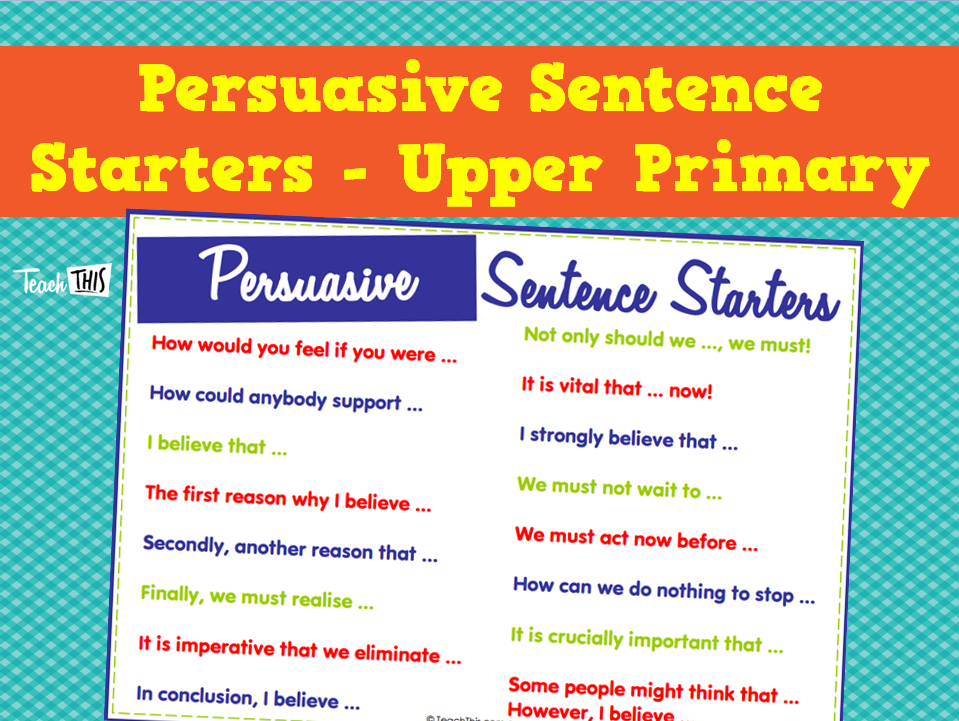 For example, when a child points to the cookie jar and says “Mommy,” his message has two ideas: he wants Mommy to give him a cookie.
For example, when a child points to the cookie jar and says “Mommy,” his message has two ideas: he wants Mommy to give him a cookie.
Or when a child does an action for “big” with his arms while pointing to a large teddy bear, his message has two ideas: the bear is big. This shouldn’t be confused with the child’s use of gestures that match the meaning of his word (e.g. pointing to a cookie and saying “cookie”), as this only expresses one idea.
When a parent tells me that their child is using more than just nouns, then their child is probably ready to start combining words into phrases.
My child isn’t combining words, should I be concerned?
If your child is 24 months or older and not combining words, it’s important to talk to your pediatrician and get a referral for a speech-language pathologist. They will assess your child’s skills and development to determine if speech therapy is warranted.
5 Ways to Help Your Child Combine Words
1.
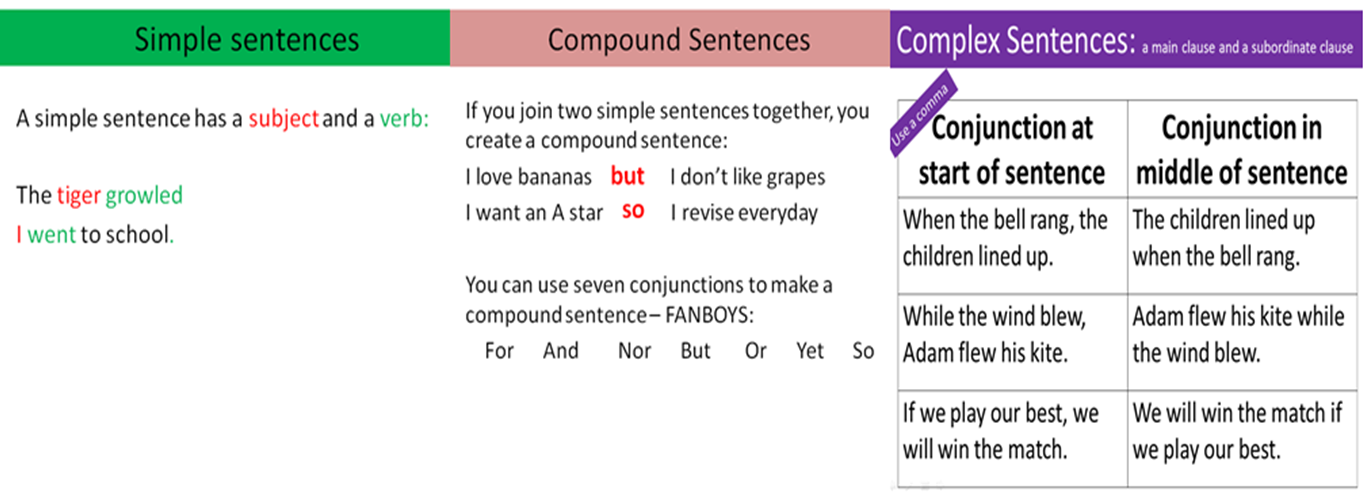 Follow your child’s lead
Follow your child’s leadChildren need practice and repetition when it comes to sending and receiving verbal messages. In order to encourage voluntary communication, you need to follow your child’s lead and see what he/she is doing.
Wait for him/her to send you a message and give them a chance to respond before jumping right in. Make sure you get down on his/her level and comment on everything he/she is doing.
2.
Emphasize a variety of wordsWhen you play and interact with your child, emphasize new words that are based on his interests at that moment. Use actions and your voice to make these new words stand out.
Think about highlighting words other than just nouns, such as simple verbs (e.g. “stop,” “push,” or “wash”), adjectives (e.g. “small,” “soft,” or “cold”), and prepositions (e.g. “in,” “on,” “down,” or “up”).
Verbs are especially important for building early sentences and for the development of children’s grammar skills.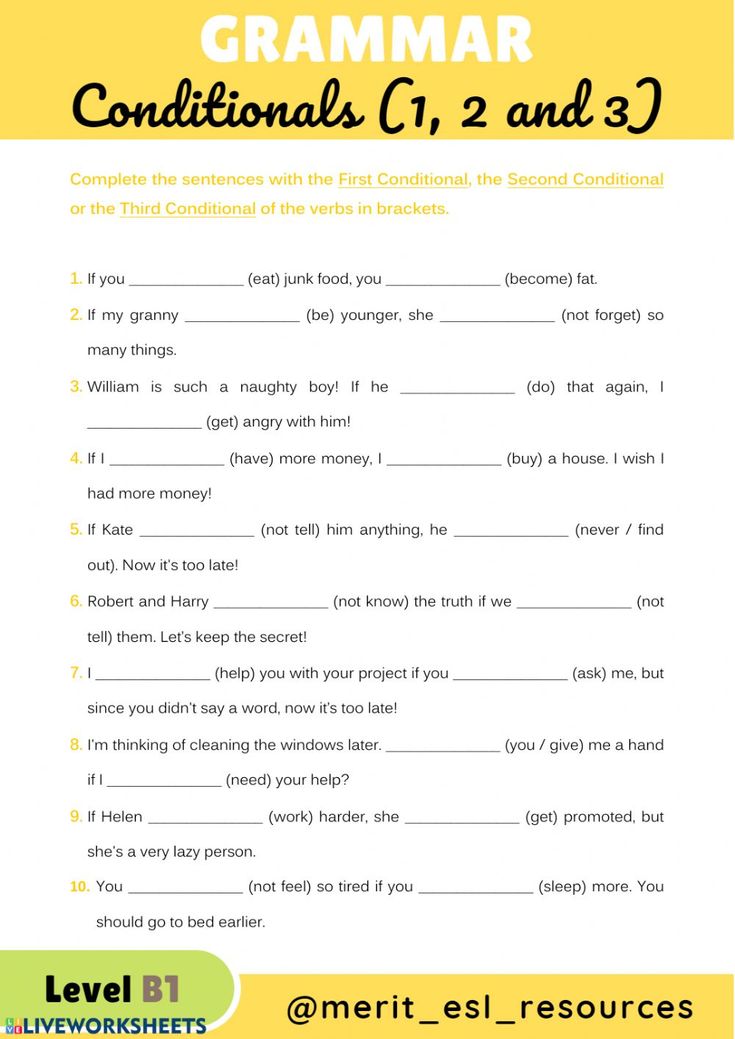 Play with a teddy bear to model the words!
Play with a teddy bear to model the words!
3.
Model short, grammatical sentencesEven though children’s first-word combinations lack proper grammar (e.g. “go car,” “want juice,” or “me up”), it’s important that you provide your child with models that are grammatically correct. This means you shouldn’t imitate his poor grammar and vocabulary.
Make sure you are talking to them in short, simple phrases, but using correct grammar. This helps your child understand how words are used together and what the words mean. For example, if your child says “go car” when he is getting in the car, you can say “You are going in the car.”
4.
Expand your child’s wordsYou can expand your child’s language by using his single word in a short sentence. If your child says “fast” while pushing a car, you can turn that into a little sentence like “The car is fast!” Or, if he smiles while eating a cookie and says “cookie,” you can say “It’s a yummy cookie.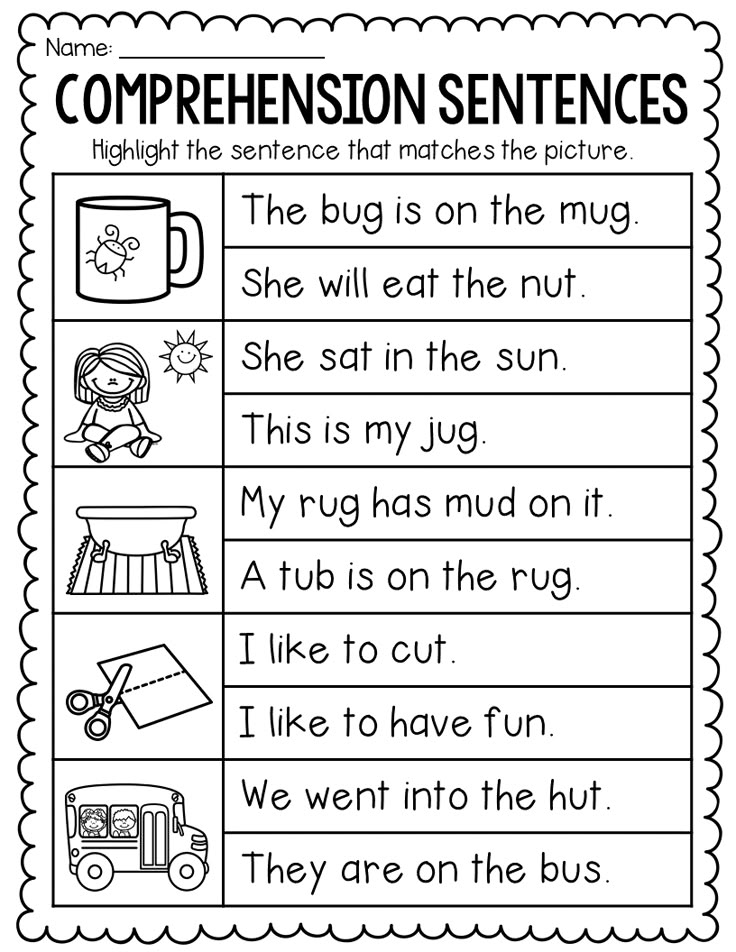 ”
”
5.
Add gestures to your wordsWhen you use gestures while you speak, it shows your child how to use gestures and words at the same time. This will prepare your child for using supplementary gestures.
Free Assessment!Take this quiz and get a report on your child’s milestones and a personalized learning plan.
Start the Assessment
Have a question for our Speech Therapists?
Toddler development Verbal
The author’s views are entirely his or her own and may not necessarily reflect the views of Blub Blub Inc. All content provided on this website is for informational purposes only and is not intended to be a substitute for independent professional medical judgement, advice, diagnosis, or treatment.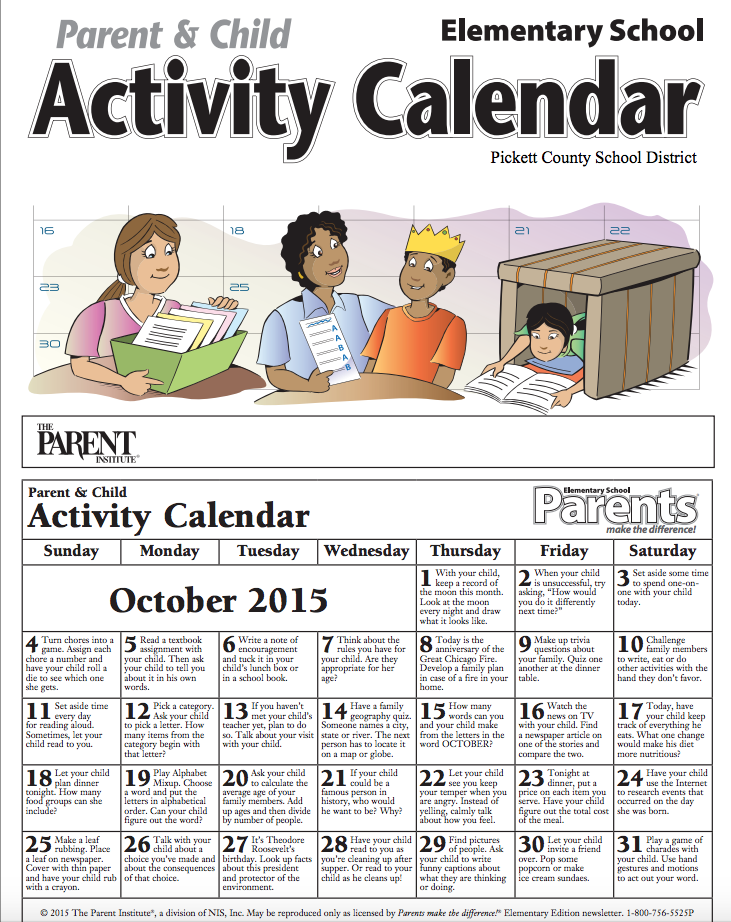 ="wpforms-"]
="wpforms-"]
The development of speech in children: advice
No matter how much we would like it, but to influence the speed of speech development of the baby at the earliest stages (cooing, cooing, etc.) we are practically beyond our power. At this age, it is rather due to physiological factors and the environment. But in terms of speech development after a year, a lot depends on us adults. We talk about the main features of the development of a child’s speech at different ages and explain how to help the baby speak faster (and more correctly).
Stages of speech development
-
2-3 months - cooing;
-
11-12 months - the appearance in the speech of the names of objects, the expression of desires. Vocabulary is about 10 words. At this stage, the words are any stable combination of sounds that the baby calls this or that an object, even if they are not at all like real words;
- 3 years- sentences become more difficult, the baby uses prepositions, begins use gender correctly.
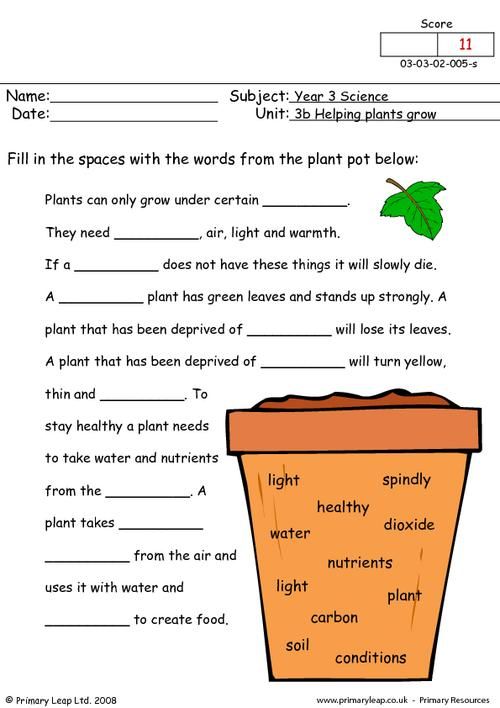 Speech becomes clearer, but some sounds the baby can still be given with difficulty. The child can remember short poems and songs.
Speech becomes clearer, but some sounds the baby can still be given with difficulty. The child can remember short poems and songs.
Remember it's only approximate dates, and if your child is a few months behind from the generally accepted norm, this is not a reason to sound the alarm. Should take into account that most boys have both speech and communication skills in generally develop more slowly than in girls. Also slower to master speech bilingual children.
Timely examinations by a neurologist and an ENT specialist will help you understand whether a child's speech is developing in accordance with age norms.
Sign up to receive baby development and nutrition newsletters, discounts and deals, and helpful tips from NutriClub experts.
How can you help your child speak faster?
-
Up to 1 year:
The main thing that parents and relatives can do for the development of the child's speech is to talk to him more often.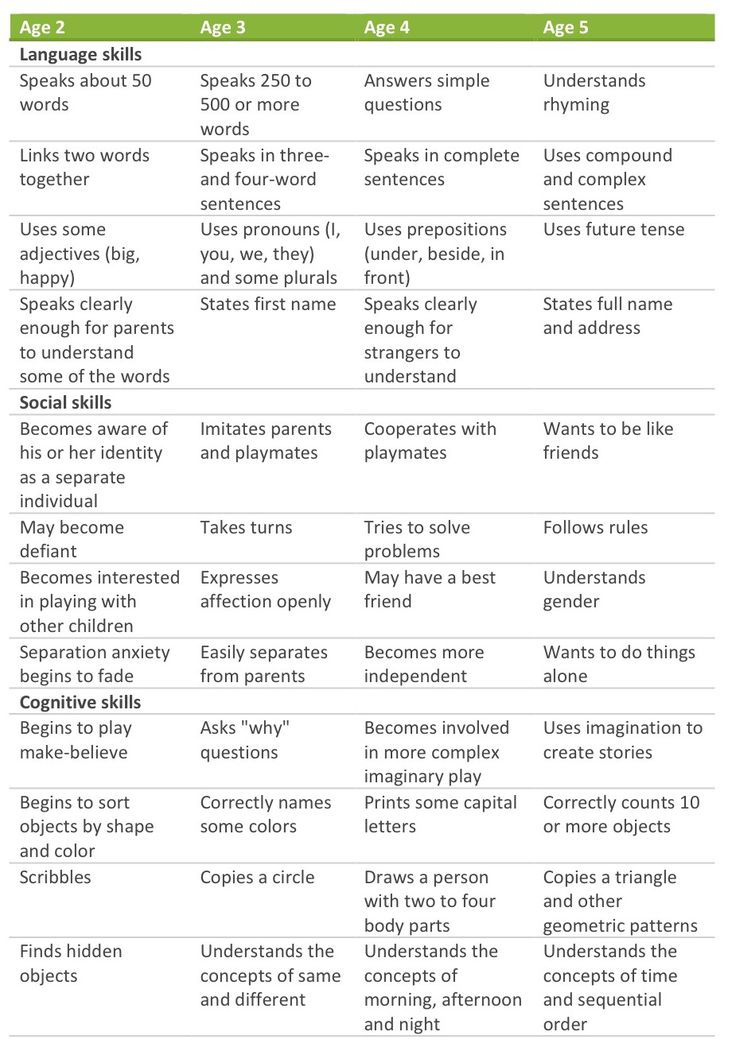 Sing songs, tell the baby poems and stories, referring to him, clearly pronounce the words and intonation, imitate the sounds of animals and his babble. The development of the speech apparatus is positively influenced by the timely (at the age of about six months) introduction of solid food into the diet and learning to chew.
Sing songs, tell the baby poems and stories, referring to him, clearly pronounce the words and intonation, imitate the sounds of animals and his babble. The development of the speech apparatus is positively influenced by the timely (at the age of about six months) introduction of solid food into the diet and learning to chew.
To help your child expand his vocabulary, do not just show him objects, but also let him touch them, perform some actions with them, study their properties. “This is a tree, it is rough”, “the snow is cold and wet”, “there are pictures and letters in the book, you can open it, look through it, put it on the table.”
Tell your child short rhythmic rhymes, fairy tales, nursery rhymes. Do regular articulatory gymnastics and breathing exercises.
-
1.5 to 3 years
Read books to your child! If he is not yet ready to focus on the book, try audio fairy tales, or better yet, tell the kid interesting stories and poems yourself.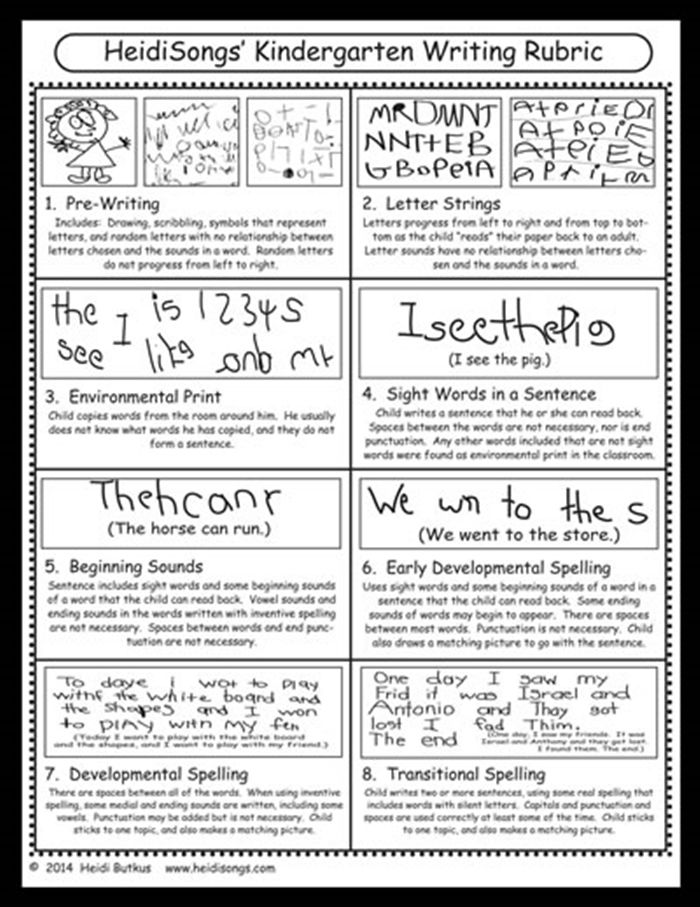 It is very useful to learn together poems and songs that encourage the pronunciation of sounds and the repetition of movements, for example, about a clubfoot bear familiar to all of us from childhood, or about a bus with spinning wheels.
It is very useful to learn together poems and songs that encourage the pronunciation of sounds and the repetition of movements, for example, about a clubfoot bear familiar to all of us from childhood, or about a bus with spinning wheels.
Limit screen time: yes, cartoons and computer games also give knowledge and help develop some skills, but not speech - neither a tablet nor a TV can answer a question and respond to a child's remark.
Develop your ear, teach your baby to distinguish between different sounds: O-A, B-P and so on. Correct the child if he pronounces words and sounds incorrectly, but do it calmly and gently, do not scold him - he is trying so hard!
What about fine motor skills?
It is believed that the development of fine motor skills stimulates the development of speech. This connection has been talked about for a long time, drawing the conclusion from the fact that in the human brain the zones responsible for articulation and finger movements are nearby.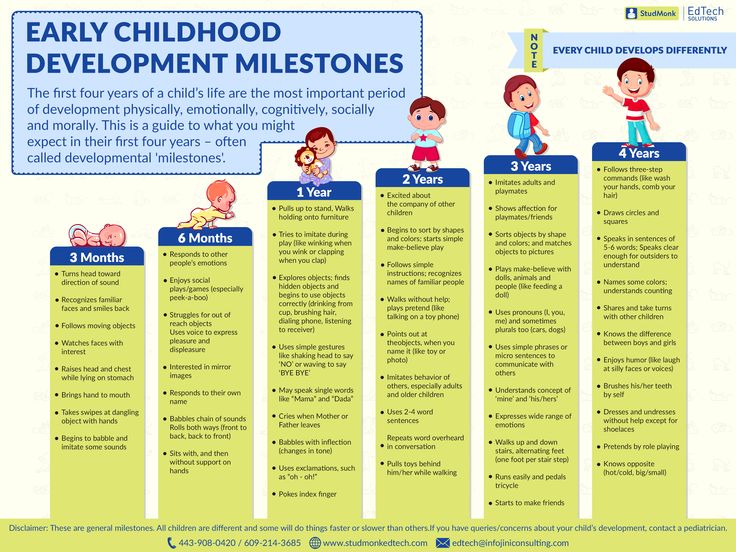 But, in fact, this connection has not been proven by any large-scale scientific study, although there are no grounds to assert the opposite either. We are sure that exercises for the development of both fine and gross motor skills in any case will not be superfluous.
But, in fact, this connection has not been proven by any large-scale scientific study, although there are no grounds to assert the opposite either. We are sure that exercises for the development of both fine and gross motor skills in any case will not be superfluous.
When using any materials from the site nutriclub.ru, a link to the site is required.
© Nutriclub, 2020
You will also be interested
- Nutriclub - healthy nutrition and child development
- 0-12 months
- Health and development of the child from birth to a year
- child's speech
Early Childhood Speech Development Calendar
Early childhood is considered a very important period in a child's life.
This is the time of the most rapid and rapid changes in the mental and physical development of the baby, the child takes the first steps, learns to speak, begins to use gestures and other means of communication.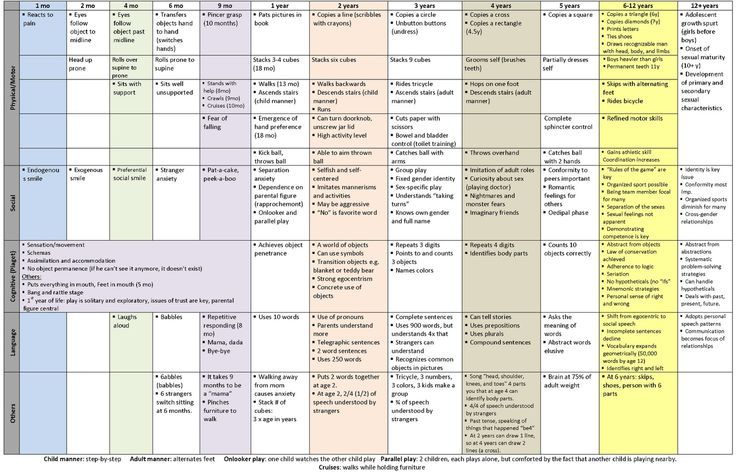
3 weeks - 1 month - there is a cry indicating emotional discomfort, pain or hunger. With physical stress, the child groans, making the sounds "a", "e".
2 - 3 months : the baby has a cooing, he utters simple sounds - " a", "y", "s ", sometimes in combination with " g ". This is an important stage in the development of speech in young children.
4 - 6 months - emits high melodious sounds, sounds of exclamation, reacts with joyful sounds to the faces of loved ones.
6 - 9 months - babbling, he repeats the same syllables (“ma-ma-ma”, “ba-ba-ba”, “dya-dya-dya”, “gu-gu-gu”).
9 - 11 months - the baby begins to imitate the sounds of adult speech.
11 - 14 months - the first meaningful words "mother", "dad", "woman", "uncle" appear, from 8 to 14 words. Correlates a word with an object
By the age of 2 years there are 100-200 words in the baby's vocabulary.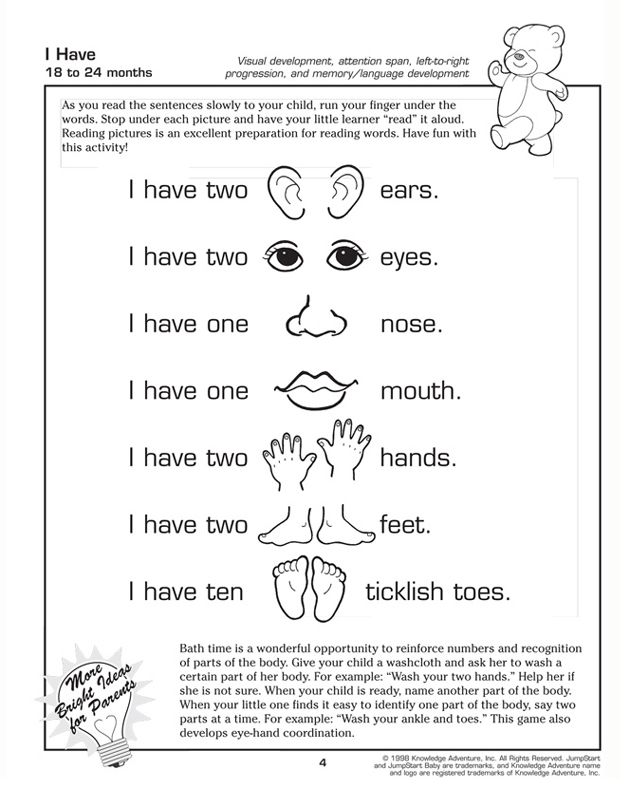 He is already building a sentence of 2-3 words.
He is already building a sentence of 2-3 words.
By the age of 3 the volume of the dictionary increases to 1000 words by enriching the child's life experience. Simple prepositions appear: in, on, under, for, with, at. The child remembers poems, children's songs.
By the end of 3 years , most children are able to construct sentences grammatically correctly, conduct dialogues, tell what they have seen and heard.
Important to know:
Do not listen to advice from other parents whose children began to say after 3 years that the child will speak on his own. He will speak, the only question is what kind of speech it will be, its quality.
How to identify the signs of speech disorders in a child?
By the end of 1 month the baby does not cry before feeding
By the end of 4 months does not smile when his mother talks to him, does not coo.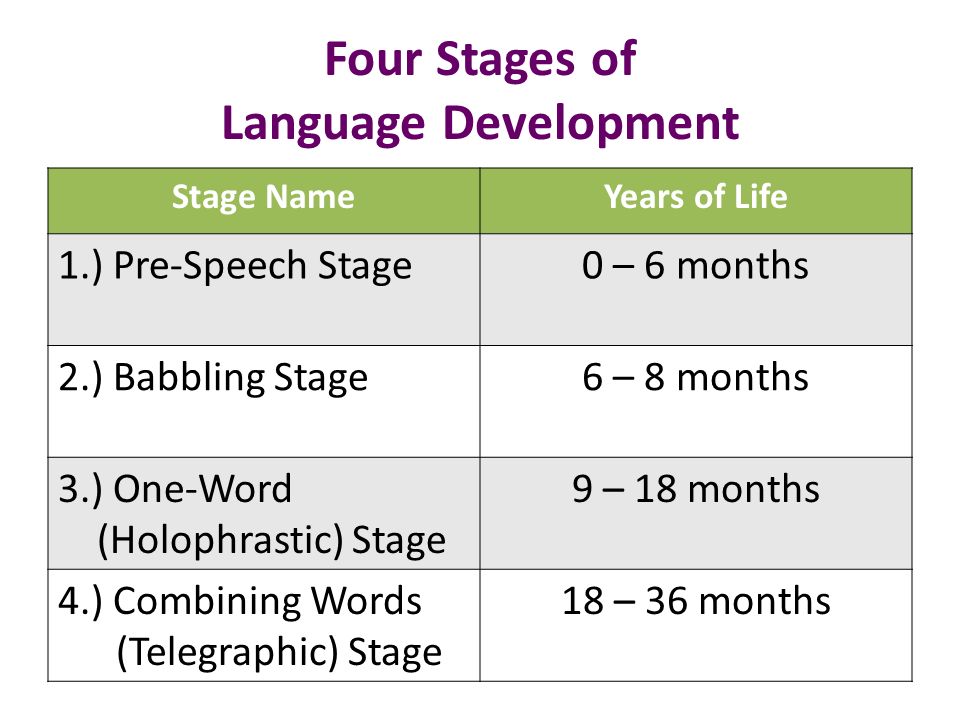
By the end of the 5th month does not listen to sounds and music
By the end of the 7th month does not react to the intonation of the voice, does not recognize the mother’s voice with a “revitalization complex” syllables for adults
By the end of 1 year the child does not wave his head when saying goodbye in denial. He does not utter a single word and does not follow simple instructions: “give”, “on”, “take”.
By the age of 1.5, does not show or name mom and dad, does not build a tower of blocks, does not differentiate sounding toys, does not use a pointing gesture.
By age 2 does not show body parts, does not show mom and dad in the photo, does not follow the two-step instruction (go to the kitchen and put the plate on the table)
By the age of 2.5, does not distinguish between big and small, does not communicate with children.
By the age of 3, cannot give his first and last name, tell a simple poem and a fairy tale.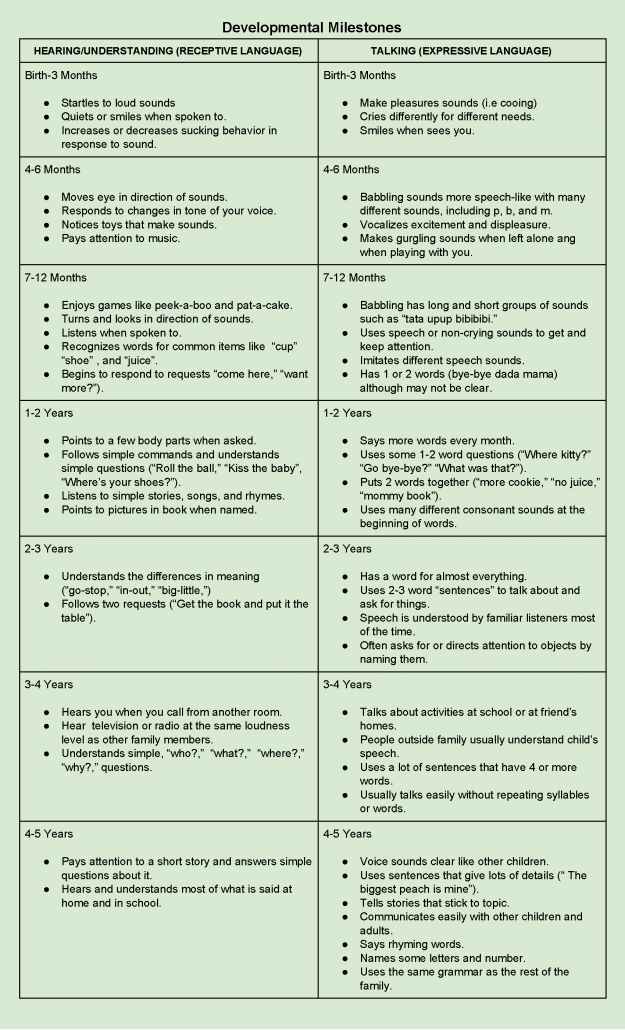
If this does not happen, there is a reason to contact specialists.
Possible causes of speech disorders
- Viral and endocrine diseases of the mother, threatened miscarriage, trauma, toxicosis, low hemoglobin level.
- Genetic anomalies, hereditary predisposition.
- Unfavorable childbirth.
- Diseases borne by a child in the first years of life
- Babies with low Apgar scores at birth
The exact cause of the disorders is determined by the doctor, and the type of speech disorder is determined by the speech therapist.
What can parents do for successful speech development?
Speech is the highest mental function, so the period of intrauterine development of a child is very important. Parents need to take care of the development of speech even before his birth. It is important that the expectant mother receives only positive emotions i.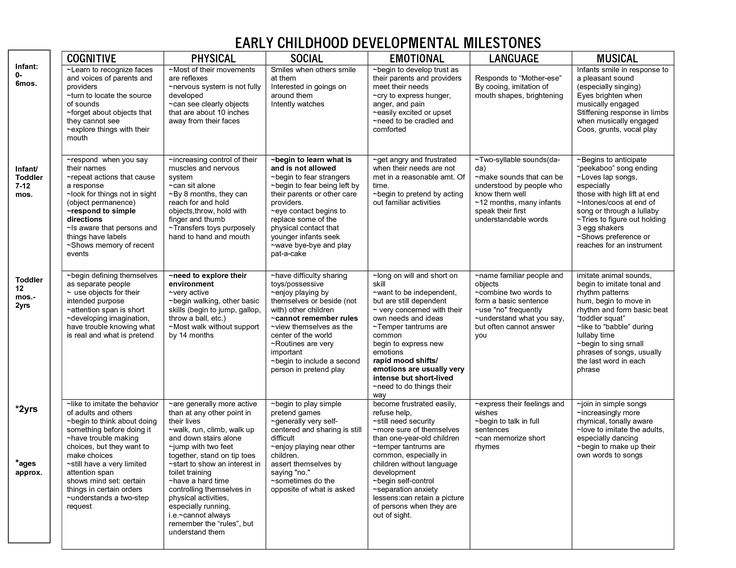
Learn more

